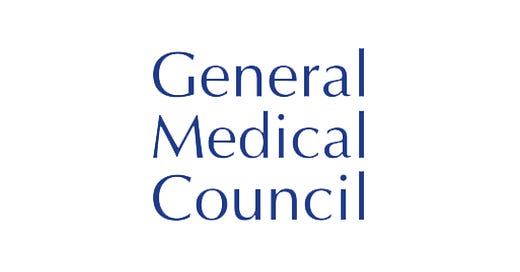It’s been a long journey for physician associates and anaesthetic associates around the country. For those of you on Twitter or “X”, it’s been quite toxic and unfortunately experiences on these platform are often assumed to be reflective of real-life. In reality, both professional groups whilst not being confronted directly have reported a “tense” atmosphere at work.
The GMC has come under a lot of stick for being the official regulator of these two professional groups. The reasons are complex but nonetheless, they have continued and we have now reached the nexus: regulation.
So what does regulation mean and what does it change for PAs and AAs around the UK? As we have worked extensively with physician associates, this article will primary concern PA practice.
What Does GMC Regulation Mean?
In short, GMC regulation intends regulate the profession, ensuring that PAs meet consistent standards of practice, education, and professional conduct. Broadly speaking, it concerns three areas:
Registration and Licensing: PAs have to register on a mandatory register
Standards of Practice: PAs have to adhere professional integrity, delivering high-quality care, and ensuring patient safety.
Continuing Professional Development (CPD): ongoing education and skill development to ensure continued competence.
In order to do this, the GMC has been evaluating PA postgraduate courses around the country in order to bring them in line with guidance. There is currently a 2 year transitional period where physician associates are expected to migrate onto the GMC register and the above guidance can be instituted. For those interested, you can read more here.
How has GMC regulation been received?
As it’s just happened, it’s difficult to get a true appreciation for what the reaction is.
As mentioned before, X is not representative of real life. However, the hope is GMC regulation will bring more clarity on aspects related to scope of practice. Concerns have been raised by doctors as well as physician associates themselves about the need to have a defined scope of practice.
The RCGP has published guidance on what it believes to be the role of physician associates. This guidance has been seen as restrictive by physician associates but was given a vote of confidence by the RCGP membership body. The RCP is also undergoing a similar consultation process for physician associates working in secondary care.
In light of the above, the health secretary Wes Streeting announced the Leng review. This is a government-sanctioned review that will look into the role of physician associates and anaesthetic associates in the NHS and the standards of care delivered by these professional groups. The government seeks to look at the issue empirically whilst doctors are suspicious of this review as it is seen to support an already-defined recruitment agenda. The outcome is yet to be seen.
What Does This Mean for Physician Associates?
The recruitment climate is much different from what it was a few years ago where physician associates had a wide range of jobs/roles to choose from. The massive reduction in jobs is due to a mixture of factors including lack of NHS funding for recruitment, expansion of ARRS funding to GPs, guidance from the respected royal colleges’ and individual or organisational attitudes towards the professional groups.
GMC regulation underscores some important points. Physician associates are dependent practitioners who operate under strict guidance and supervision. They are trained under the medical medical but maintaining a regular link with supervisors is important. This means the following:
You should always make clear your role to patients and to fellow members of the MDT
Be sure to agree the arrangement of your supervision. This may be during ward rounds, handovers or debriefing patients with your supervisor.
If you’re suggesting a prescription for a patients condition, be clear on your reasoning that is based on your assessment. Use objective scoring criteria and provide evidence in the form of examination or blood results as justification.
If you’re unsure about a situation then inform your supervisor.
Finally, keep up with your CPD requirements. With GMC recognition comes great responsibility. Your appraisals will become more formalised and the GMC will demand a more robust portfolio so get started early!
We hope that update was useful. Happy holidays!
Website: www.paretoeducation.co.uk
Instagram: www.instagram.com/pareto_ed
Twitter: www.twitter.com/pareto_ed
Youtube: https://bit.ly/3DPm23c
Email: info@paretoeducation.co.uk






